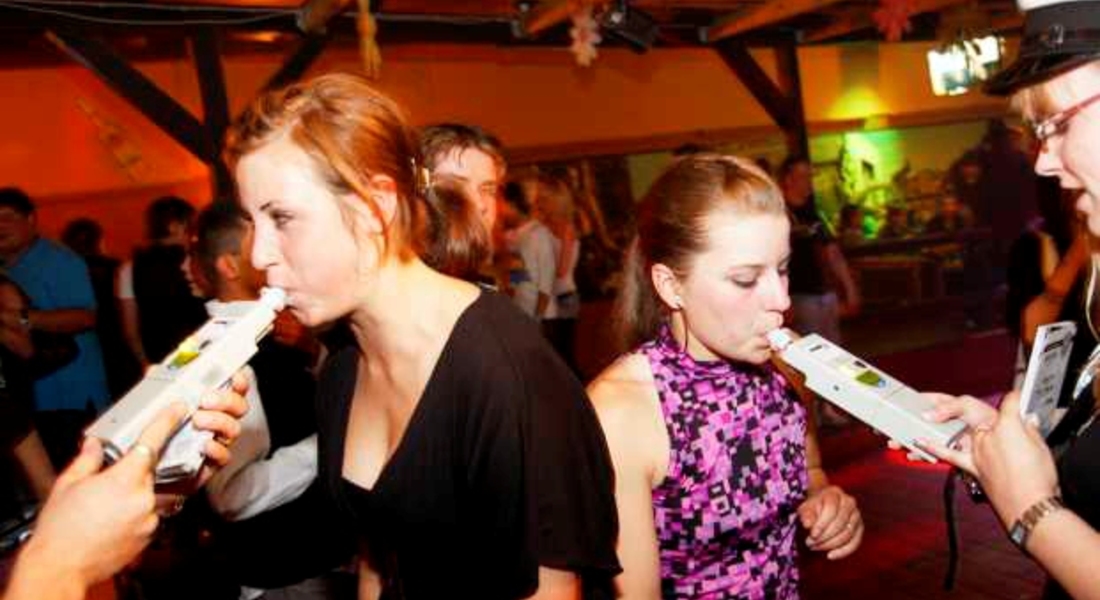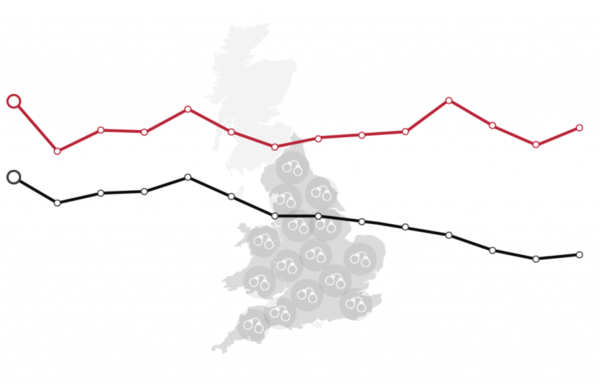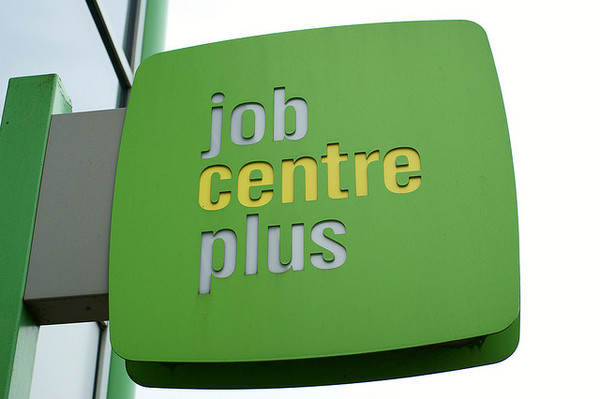Guide: Making Sense of Crime
This guide looks at some of the key things we do know about crime and why it has been so difficult to make sense of crime policy. [...]

In May, the Daily Mail and the Mirror reported on a Cambridge teacher being refused entry to a branch of McDonalds in the early hours after failing an alcohol breath test. According to these stories, the man was turned away as part of a Cambridge Police pilot scheme aimed at reducing alcohol-related crime and antisocial behaviour in the city. Door staff throughout Cambridge have been provided with breathalysers and are able to turn patrons away. I decided to ask for the evidence supporting claims that this will reduce alcohol related crime.
Some media outlets reported that this was the first trial of its kind in the country, but Cambridge Police stated in their reply that they’re adopting the scheme “based on the successes of similar schemes in Norfolk and Birmingham.” The information provided in the response detailed the outcomes of the scheme in Norfolk, “Project Deep Breath”, which saw:
National crime trends are going down: overall crime fell 16% in 2014, public order offences rose by 6%(but a refocusing on recording may have affected this) and between 2004/5-2013/14 alcohol related crime fell by 34%. Although in the context of falling crime the results in Norfolk appear impressive, in the absence of a control group comparing offences in areas that didn’t deploy the breath tests it’s hard to say how effective the scheme was.
Cambridge Police also informed me that this is not a pilot scheme and that they hope to “carry this on indefinitely (or until alcohol-related crime and ASB in Cambridge has significantly reduced).” However, the method of evaluation outlined in the reply is through “subjective feedback from the Venues concerned.” On its own this is not a rigorous way to determine whether this initiative has had an impact on alcohol related crime. So while the evidence to support breath tests at venues appears sound, the way they will be evaluated is not – and this matters, as just because a policy works in one place does not mean it will work everywhere.
Similar schemes are now being run in Norwich, Croydon, Torquay, Northampton, Mansfield, York, Durham, Liverpool and certain areas of London. It is crucial that these schemes are evaluated properly. Police forces who have not considered how they are going to do this should work with organisations like the College of Policing to assist them in rigorous analysis.
Image by Alkomat Patrouille (CC BY-NC-ND 2.0)

This guide looks at some of the key things we do know about crime and why it has been so difficult to make sense of crime policy. [...]

I live in Belgium, and recently read that the Flemish Parliament was debating new EU rules restricting children’s use of social media by introducing a digital ‘age of consent'. As [...]
The team at GOV.UK want to know how they can better serve people who are attempting to hold the government to account, and understand the reasoning behind government decisions. Whilst you [...]

EU policy is made within the Brussels bubble, with Brussels-based think tanks and Brussels-based lobbyists. Even civil society organisations at EU level rarely speak to the people that they represent. [...]

When Nick, a former driving instructor, saw the road safety charity Brake tweet ... It's estimated that every 1mph reduction in average speeds, crash rates fall by an average of [...]

After reading an article stating that people receiving Universal Credit were “5 percent more likely to find employment within four months when compared to people claiming Jobseekers Allowance” I chose [...]